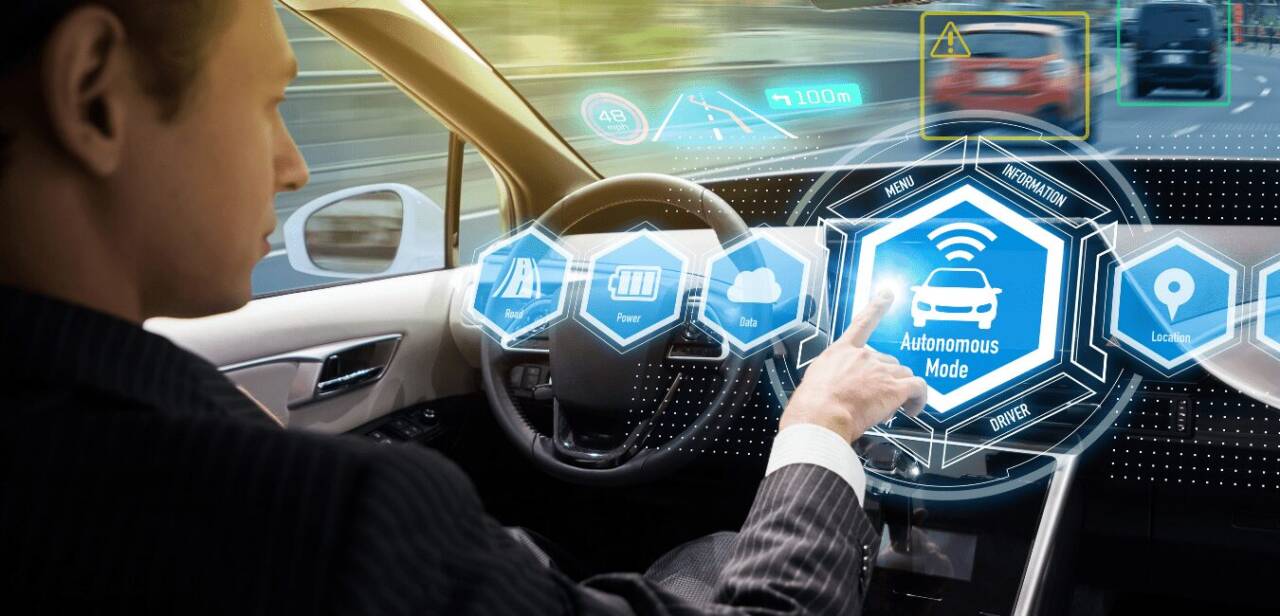NEWS
The Evolution of Car Ownership: From Horse-Drawn Carriages to Autonomous Vehicles

Key Takeaways:
- Car ownership has experienced significant changes, reflecting advancements in society and technology.
- Environmental concerns have catalyzed the auto industry toward sustainable transportation solutions.
- Ownership models are evolving with trends like vehicle sharing and subscriptions gaining popularity.
- Technological integration is reshaping vehicle functionality, leading to advancements like autonomous driving.
- Choosing the right car insurance is vital in adapting to these transportation shifts.
The narrative of personal transportation reads like an epic saga, starting with the simplicity of the horse-drawn carriage and arriving at the complexity of autonomous vehicles. This journey is rich with milestones that have fundamentally reshaped human society, triggering seismic cultural and economic changes. The vehicle ownership and driving landscape presents a fascinating tableau of innovation, adaptation, and forward-thinking strategies. The role of the car in our lives is profound, serving as a barometer for technological progress, a crucible for environmental action, and a symbol of personal autonomy.
The Advent of the Automobile
The beginning of the automobile can be traced back to a desire for faster, more reliable transportation that wasn’t limited by the endurance of a horse. When Karl Benz unveiled the Motorwagen, it was more than an invention; it was the opening stanza in the story of modern transportation. Yet, it was Henry Ford’s Model T, with its affordable price tag and reliability, that truly democratized automobile ownership. This car symbolized newfound freedom and potential, serving as the vehicle through which an entire country, and soon the world, hit the open road and chased its dreams.
Cultural and Economic Implications of Car Ownership
As the automobile secured its place within society, it became a powerful symbol of economic prosperity and independence. The freedom to move quickly over long distances was a triumph of personal liberty and a catalyst for substantial economic growth. The car industry spawned roads, service stations, and countless other sectors, boosting employment and contributing to the rise of consumer culture. Moreover, the advent of automobile manufacturing became pivotal in shaping modern employment practices, urban planning, and consumerism, all culminating in the rise of the suburbs, a testament to the car’s influence on day-to-day life.
Ownership Trends: Leasing, Sharing, and Subscriptions
The definition of car ownership is undergoing a renaissance. Traditional buying and leasing are now paralleled by car-sharing and subscription services. An increasing number of consumers opt for flexibility over long-term commitment, choosing access to a vehicle over outright ownership. This shift has seen enthusiastic adoption by urban dwellers, environmentally conscious individuals, and tech-savvy millennials, all of whom see value in on-demand vehicle use rather than the burdens of ownership. However, protecting access to mobility means exploring tailored car insurance solutions suitable for these novel consumption models.
Technological Advancements in Vehicle Manufacturing
Vehicles have benefited enormously from technological innovation. The impetus to create safer, more efficient, and more comfortable cars has never been more robust. Every year brings aerodynamics, automotive engineering, and composite material science advancements. Practically every aspect of the vehicle, from the way it is built to the experience it provides to the driver, has been touched by innovation. Automotive manufacturers have specifically directed their energy toward making cars that embrace the latest technology and push the envelope of what transportation can mean.
The Rise of Environmental Awareness and the Automotive Industry
Environmental awareness has been the most significant modern influence on the automotive industry. The realization of the car’s impact on our planet has initiated a paradigm shift toward eco-friendly designs. Auto manufacturers once fixated on horsepower and performance, are now just as concerned with emissions and energy consumption. This shift has empowered the rise of electric and hybrid technologies, transforming consumer expectations and forging a new path for vehicle production. It has also led to significant policy changes globally, with governments instituting measures and guidelines to encourage the use of environmentally benign vehicles.
The Integration of Technology into Modern Vehicles
The contemporary automobile is a rolling testament to technological advancement. The integration of cutting-edge technology has turned cars into mobile command centers, boasting connectivity and infotainment systems previously only dreamt of. Driver-assistant features such as parking aids, adaptive cruise control, and collision avoidance systems hint at the impending reality of vehicles capable of driving themselves. This march towards autonomy is incrementally realized with each new model year, as outlined by manufacturers’ refined vehicle autonomy levels.
Insuring Your Investment: Protecting Your Vehicle
Amid the evolving narrative of the car, one constant has been the necessity of insurance to mitigate risk. Ensuring that one’s vehicle is safeguarded against possible mishaps is not just about abiding by the law but peace of mind. Insurance policies have evolved to match the diversity of modern vehicle usage, from pay-per-mile schemes to comprehensive coverage accommodating the most advanced vehicles on the road. While multiple factors influence premiums, from driving records to a car’s safety features, understanding these variables is crucial. The intricacies of insurance pricing are essential knowledge for any car owner, as explained by the comprehensive review of the factors affecting car insurance rates.
Autonomous Vehicles: The Future is Now
Autonomous vehicles represent the zenith of automotive evolution. While many look forward to a future where cars navigate without human input, various levels of vehicle autonomy are already here, some easing the burden of driving. In contrast, others point to a near future where the driver is optional. The march towards a road filled with self-driving cars brings fascinating questions about ethics, liability, and adaptation to a new driving style. The implications of this technology extend far beyond the car owner, promising to redefine traffic, safety, and even the design of our cities.
Harper Harrison is a reporter for The Hear UP. Harper got an internship at the NPR and worked as a reporter and producer. harper has also worked as a reporter for the Medium. Harper covers health and science for The Hear UP.










